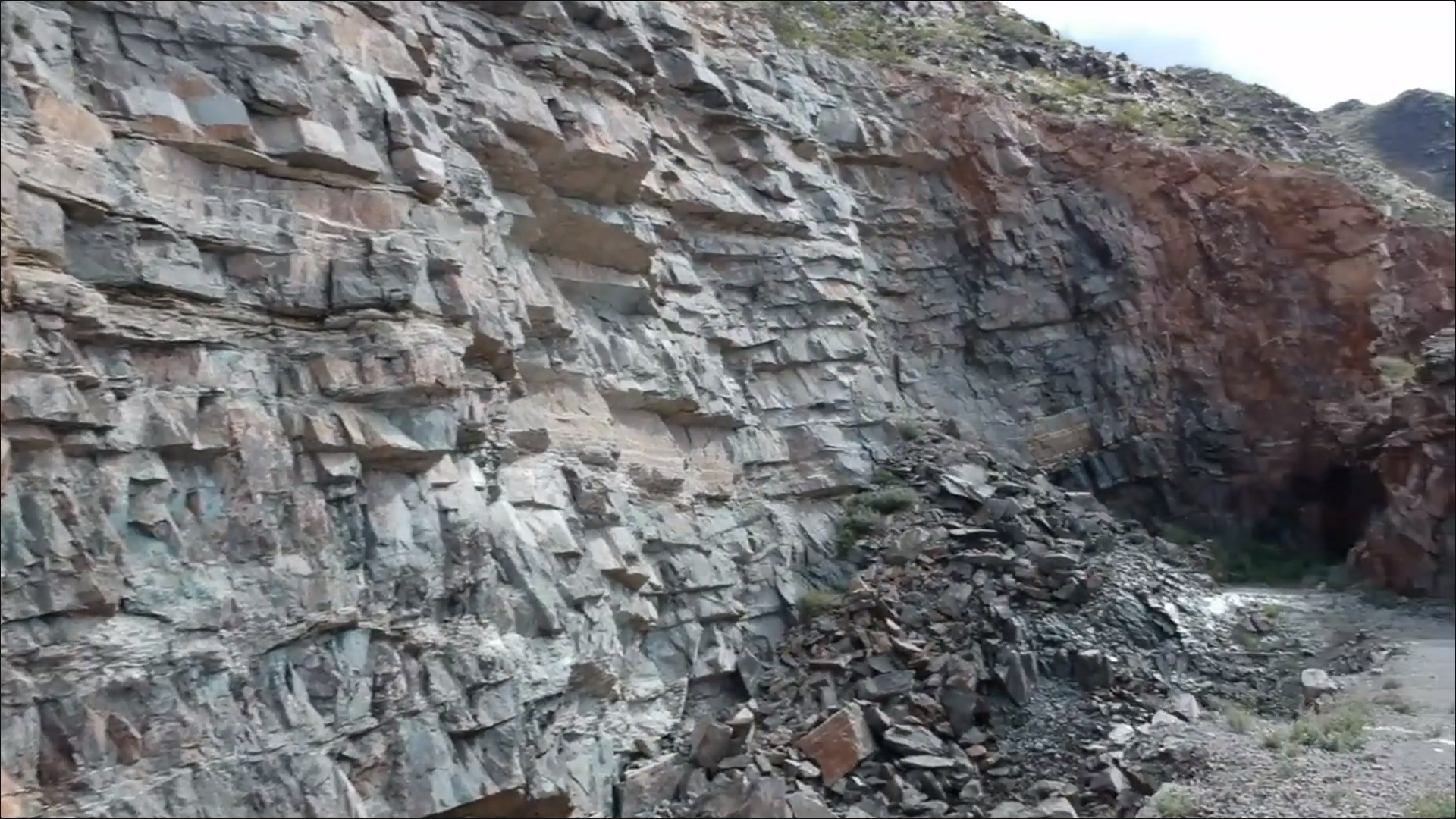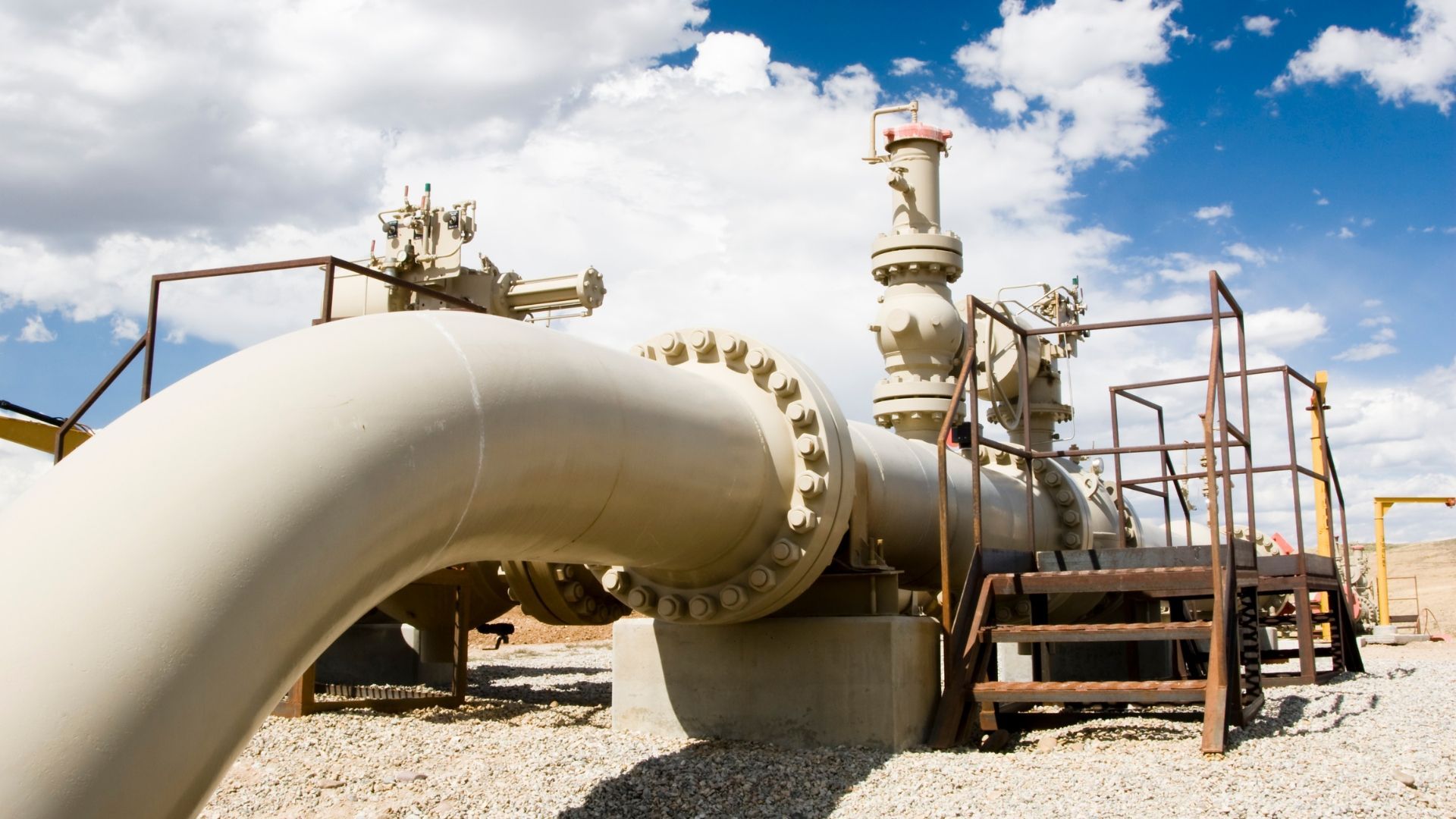Fourteen private sector and university-led projects will support sustainable industrial practices that deliver economic opportunities and a healthier climate for U.S. communities and workers
WASHINGTON, D.C. — The U.S. Department of Energy’s (DOE) Office of Fossil Energy and Carbon Management (FECM) today announced $8 million in federal funding for 14 projects to advance technologies that capture carbon dioxide (CO2) from industrial facilities and power plants and convert those CO2 emissions into valuable products. Advancing the development of these technologies will help decarbonize industrial processes and establish the foundation for the development of a successful carbon conversion industry in the United States--supporting the Biden-Harris Administration’s ambitious climate goals of achieving a carbon-neutral power sector by 2035 and net-zero greenhouse gas emissions by 2050.
“Industrial processes are responsible for approximately one-third of our domestic greenhouse gas emissions,” said Brad Crabtree, Assistant Secretary of Fossil Energy and Carbon Management. “The projects announced today will develop alternative feedstocks and technologies for critical products like chemicals, steel, and paper, and provide significant reductions in carbon and methane emissions to address climate change and create a healthier future for all Americans.”
Six projects will focus on advancing research and development to use CO2 captured from sources such as industrial and power generation facilities to produce algae-derived, value-added products:
- Arizona Board of Regents (Tempe, Arizona) will use captured CO2 emissions to produce algal biomass and convert the biomass into asphalt products.
- University of Illinois (Champaign Illinois) will verify the ability of an algae feed product to support CO2 capture and reduce methane emissions.
- CLEARAS Water Recovery, Inc. (Missoula, Montana) will capture CO2 from the flue gas of water treatment facilities while producing algae-based feedstocks for chemicals production.
- Global Algae Innovations (San Diego, California) will capture CO2 from the flue gas of a naphtha-fired power plant while producing algae as feedstock for polyurethane production.
- Helios-NRG LLC (East Amherst, New York) will convert CO2 emissions from brewery off-gas into algae biomass to produce animal feed products.
- MicroBio Engineering Inc. (San Luis Obispo, California) will cultivate microalgae for use in commercial bioproducts such as organic fertilizer and high-value pigment extraction.
Eight projects will seek to advance oxygen-based approaches such as oxy-combustion and chemical looping, which could lead to reductions in CO2 emissions associated with industrial production processes:
- Catalytic and Redox Solutions LLC (Cary, North Carolina) will implement a chemical looping process to capture and convert CO2 for the sustainable production of aromatics.
- Electricore Inc. (Valencia, California) will develop the conceptual design of an oxyfuel combustion system for retrofitting existing rotary lime kilns to improve the efficiency and reduce the carbon emissions of lime production.
- Kansas State University (Manhattan, Kansas) will design and validate a bifunctional chemical looping concept to produce chemicals and mitigate CO2 emissions in both reduction and oxidation steps.
- North Carolina State University (Raleigh, North Carolina) will demonstrate its chemical looping technology for cost-effective, net-zero ethylene production.
- The Ohio State University (OSU) (Columbus, Ohio) will focus on generating syngas from carbon-neutral biomass feedstocks while enabling complete CO2 capture at an iron production facility.
- The University of Alabama (Tuscaloosa, Alabama) will work to further develop gas switching technologies as a promising alternative to chemical looping applications for hydrogen production with integrated CO2 capture.
- University of Kentucky (Lexington, Kentucky) will use a hydrogen and direct iron coupled chemical looping process for gasification/hydrogen production.
- Washington University in St. Louis (St. Louis, Missouri) will use a pressurized oxy-combustion technology to decarbonize steam processes, with specific emphasis on the paper industry.
DOE’s National Energy Technology Laboratory (NETL), under the purview of FECM, will manage selected projects. Additional details about the selected projects can be found here.
The selected project teams were required, as part of their applications, to submit Community Benefits Plans to demonstrate meaningful engagement with and tangible benefits to the communities in which these projects will be located. These plans provide details on their commitments to community and labor engagement, quality job creation, diversity, equity, inclusion, and accessibility, and benefits to disadvantaged communities as part of the Justice40 Initiative.
FECM minimizes environmental and climate impacts of fossil fuels and industrial processes while working to achieve net-zero emissions across the U.S economy. Priority areas of technology work include carbon capture, carbon conversion, carbon dioxide removal, carbon dioxide transport and storage, hydrogen production with carbon management, methane emissions reduction, and critical minerals production. To learn more, visit the FECM website, sign up for FECM news announcements, and visit the NETL website.







